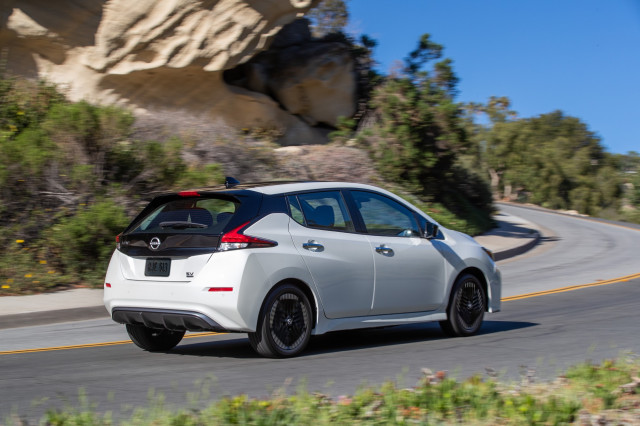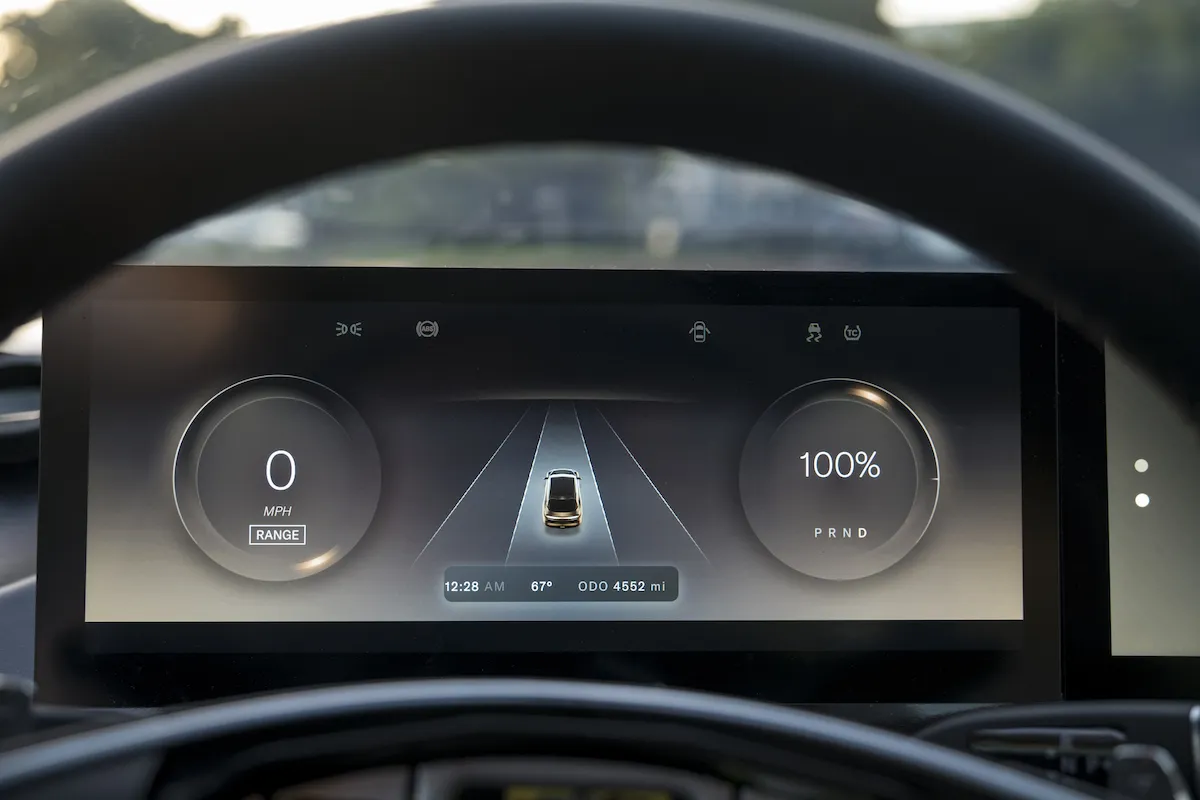In a world shifting towards sustainable transportation, electric cars have taken center stage, promising a cleaner and greener future. One crucial question that often arises in conversations about electric vehicles is, “Does Mileage Matter On Electric Cars?” Let’s delve into this topic and separate fact from fiction.
Understanding the Importance: Does Mileage Matter On Electric Cars?
When it comes to traditional internal combustion vehicles, mileage (or fuel efficiency) is a critical factor influencing purchasing decisions. However, the dynamics change when we shift our focus to electric cars. Unlike their gas-guzzling counterparts, electric cars operate on batteries, and the term “mileage” takes on a new meaning.
In the realm of electric vehicles, mileage is often referred to as the range – the distance an electric car can travel on a single charge. Understanding the nuances of electric car mileage is essential for potential buyers looking to make an informed decision.
The Range Factor
Does Mileage Matter On Electric Cars? Absolutely. The range of an electric car is a pivotal factor influencing its practicality for daily use. Early electric vehicles had limited ranges, causing range anxiety among consumers. However, advancements in battery technology have significantly improved the mileage of modern electric cars.
Electric cars now boast impressive ranges, with some models surpassing 300 miles on a single charge. This makes them suitable for various lifestyles, including daily commuting and long-distance travel. As technology continues to evolve, the range of electric cars is expected to increase, addressing the concerns that once hindered their widespread adoption.
Overcoming Range Anxiety
One of the primary barriers to the widespread acceptance of electric cars has been range anxiety – the fear of running out of battery power before reaching a charging station. Addressing this concern is crucial to debunking the myth that mileage doesn’t matter on electric cars.
Manufacturers and infrastructure developers have been working tirelessly to establish a robust charging network, alleviating range anxiety. With an expanding network of fast-charging stations, electric car owners can recharge their vehicles quickly and conveniently, making longer journeys more feasible.
The Role of Driving Habits
While the overall range of an electric car is essential, individual driving habits also play a significant role in determining its practicality. City dwellers with short daily commutes might find electric cars with slightly lower mileage more than sufficient for their needs. On the other hand, those who frequently embark on long road trips might prioritize a higher range.
Considering your daily driving patterns and aligning them with the available electric car options is crucial. It’s not just about “Does Mileage Matter On Electric Cars” but rather about finding the right balance between range and your specific lifestyle.
Read too:
Future Prospects
As technology advances and electric car adoption becomes more mainstream, the question of whether mileage matters on electric cars is likely to evolve. Manufacturers continue to invest in research and development, aiming to enhance battery efficiency and extend the range of electric vehicles.
In conclusion, the mileage of electric cars indeed matters, but it’s a multifaceted consideration. Range, charging infrastructure, and personal driving habits all contribute to the overall equation. As the automotive industry continues its shift towards electrification, the myth that mileage doesn’t matter on electric cars will likely fade into obscurity.

